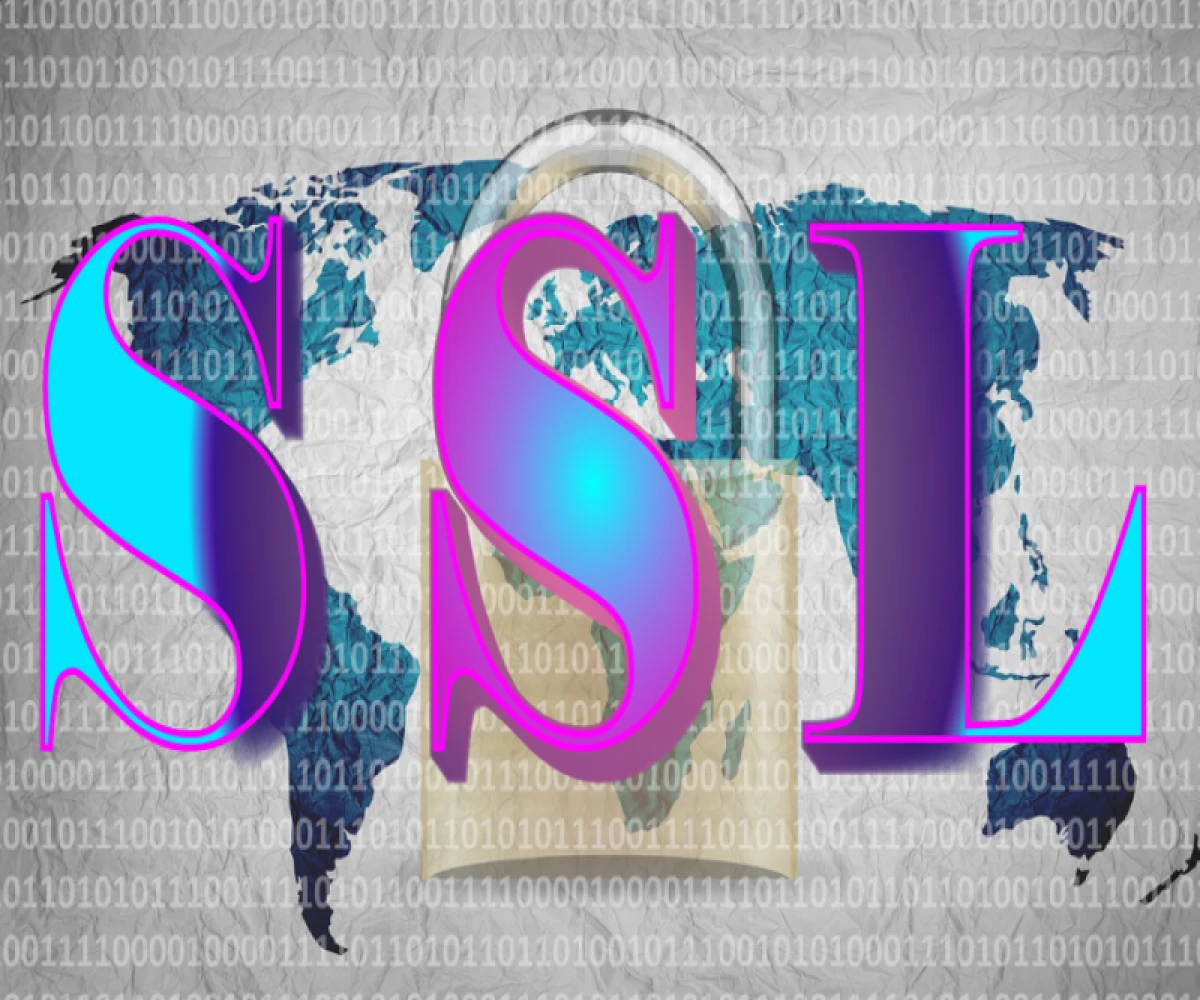
What is an SSL Certificate?
Keeping Your Connection Safe: Understanding SSL Certificates
Ever noticed the padlock icon or a green address bar in your browser when you visit a website? That little detail assures you of a secure connection, thanks to an SSL certificate. But what exactly is an SSL certificate, and how does it keep your online interactions safe? Let's delve into the world of website security with a clear explanation and some real-life examples.
What is an SSL Certificate?
Imagine an SSL certificate as a digital passport for a website. It verifies the website's identity and ensures a safe encrypted connection between your browser and the server. This encryption scrambles any information you send or receive, making it unreadable to anyone trying to intercept it.
How Does it Work?
Think of a conversation happening over a walkie-talkie. Without encryption, anyone nearby can listen in. Here's how an SSL certificate secures your communication:
- Handshake: When you visit an SSL-enabled website (usually identified by HTTPS in the URL), your browser and the server establish a secure connection.
- Key Exchange: The server sends its SSL certificate to your browser. This certificate contains the website's identity and a public key.
- Encryption: Your browser verifies the certificate and creates a secret key that only it and the server can understand. This secret key is used to encrypt any information exchanged between you and the website.
- Secure Communication: Encrypted data becomes gibberish to anyone trying to intercept it. Only the server can decrypt it using its private key (different from the public key).
Real-Life Examples of Why SSL Certificates Matter
- Online Banking: When you access your bank account or make online payments, you're entrusting sensitive financial information. An SSL certificate ensures that only the bank receives your data securely.
- Online Shopping: Entering credit card details on a website? An SSL certificate safeguards your information from prying eyes.
- Social Media Logins: Sharing personal information on social media platforms requires a secure connection. SSL certificates make sure your login credentials and posts are protected.
The Importance of SSL Certificates
In today's digital world, online security is paramount. Here's why SSL certificates are essential:
- Protects Sensitive Information: SSL certificates prevent data breaches and identity theft by securing your online transactions and login details.
- Builds Trust: The padlock icon and HTTPS indicator in the address bar assure users of a secure connection, fostering trust in your website.
- Improved Search Ranking: Some search engines consider SSL certificates a factor in website ranking, giving secure sites a slight SEO boost.
Always Look for the Signs
When browsing the web, be mindful of these signs that indicate a secure connection:
- HTTPS in the URL: Look for "https://" instead of just "http://" at the beginning of the website address.
- The Padlock Icon: A closed padlock icon usually appears in the address bar for secure websites.
- Green Address Bar: Some browsers highlight the address bar in green for SSL-enabled websites.
By understanding SSL certificates and their importance, you can be a more informed and secure user of the internet. Remember, a little padlock goes a long way in protecting your online privacy!


